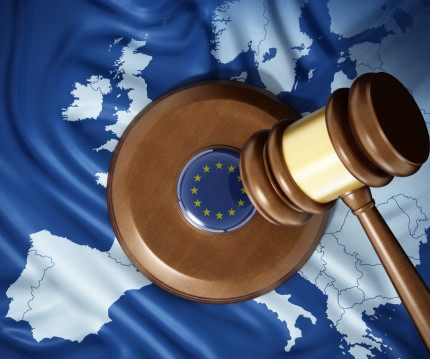The Transformation of European Climate Change Litigation: Introduction to the Blog Symposium
ClimateChange-ClimateLaw
APRIL 9, 2024
With regard to the climate crisis, Article 8 requires “that each Contracting State undertake measures for the substantial and progressive reduction of their respective GHG emission levels, with a view to reaching net neutrality within, in principle, the next three decades” (KlimaSeniorinnen, para.














Let's personalize your content